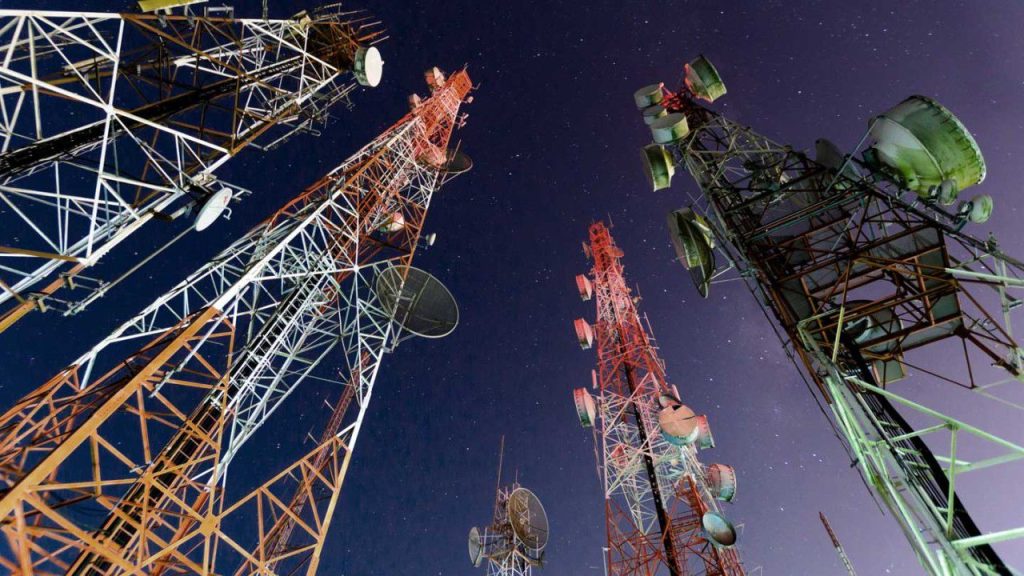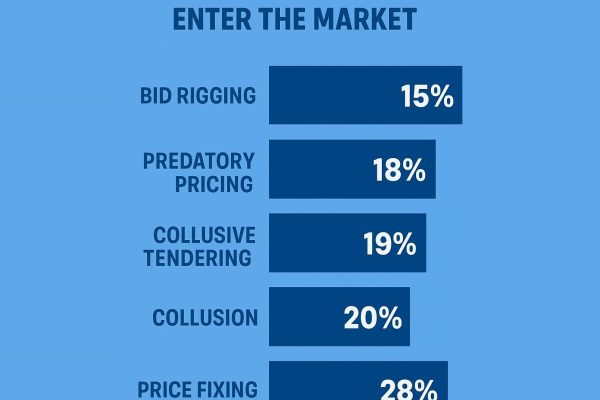
By: Nghiinomenwa-vali Hangala
The Communications Regulatory Authority of Namibia (CRAN) has stated that the high court ruling on the exclusive infrastructural use arrangement between the two telecommunication giants and NamPower has cemented its stance on telecommunications infrastructure inclusivity.
This was stated by the telecommunication sector regulator this week.
On 31 July 2025, the High Court delivered its judgement regarding the tripartite lease agreement of June 2012 between MTC, Telecom Namibia, and NamPower. The Court ruled that clause 3.2 of the agreement between the 3 parties, the automatic renewal clause, was invalid under Regulation 17(2)(b) of the Infrastructure Sharing Regulations.
CRAN commended the ruling for confirming the legal termination of the agreement on 31 May 2022 when its 10-year term expired.
“This judgement provides clarity on the application of Namibia’s Infrastructure Sharing Regulations. It affirms that exclusive agreements for access to essential facilities such as fibre networks are not permissible,” CRAN wrote in a statement.
CRAN chief executive Emilia Nghikembua explained that the exclusive arrangement by the 3 entities undermines competition and prevents other licenced operators from gaining fair access to critical infrastructure, contrary to the principles of fairness, non-discrimination, and open access.
“The ruling ensures that operators seeking access to infrastructure are accommodated on equitable terms. This will stimulate investment, accelerate the deployment of broadband and next-generation technologies, and expand coverage into underserved areas. Consumers will benefit directly from greater choice, improved service quality, and more affordable connectivity,” Nghikembua stated.
In 2012, NamPower, MTC, and Telecom Namibia entered a tripartite agreement for the lease of NamPower’s dark fibre for telecommunications services. This agreement granted MTC and Telecom exclusive access to NamPower’s fibre and included an automatic renewal clause that perpetually extended the agreement.
In 2022, CRAN received a complaint from MTN Business challenging the legality of the agreement. CRAN intervened by declaring the exclusivity and automatic renewal provisions void, refusing to recognise the continuation of the agreement beyond its initial term.
According to CRAN, the agreement entrenched dominance and undermined consumer welfare by restricting competition, delaying infrastructure rollout, and limiting affordable access.
MTC and Telecom Namibia challenged CRAN’s decision before the High Court, alleging procedural unfairness and disputing the validity of Regulation 17(2)(b).
CRAN filed a counter-application, seeking confirmation that the automatic renewal clause was void and that the agreement had legally ended on 31 May 2022.
The regulatory authority explains that it acted to uphold the integrity of Namibia’s regulatory framework, safeguard consumer interests, and promote fair competition by ensuring that access to fibre infrastructure is governed by openness and non-discrimination.
CRAN added that the latest judgement strengthens Namibia’s digital ecosystem and supports the country’s national digital transformation and economic development goals.
At the same time, the regulatory body noted that the ruling also reinforces CRAN’s mandate to promote competition, ensure equitable access, and advance the growth of a dynamic and inclusive digital economy.
erastus@thevillager.com.na










